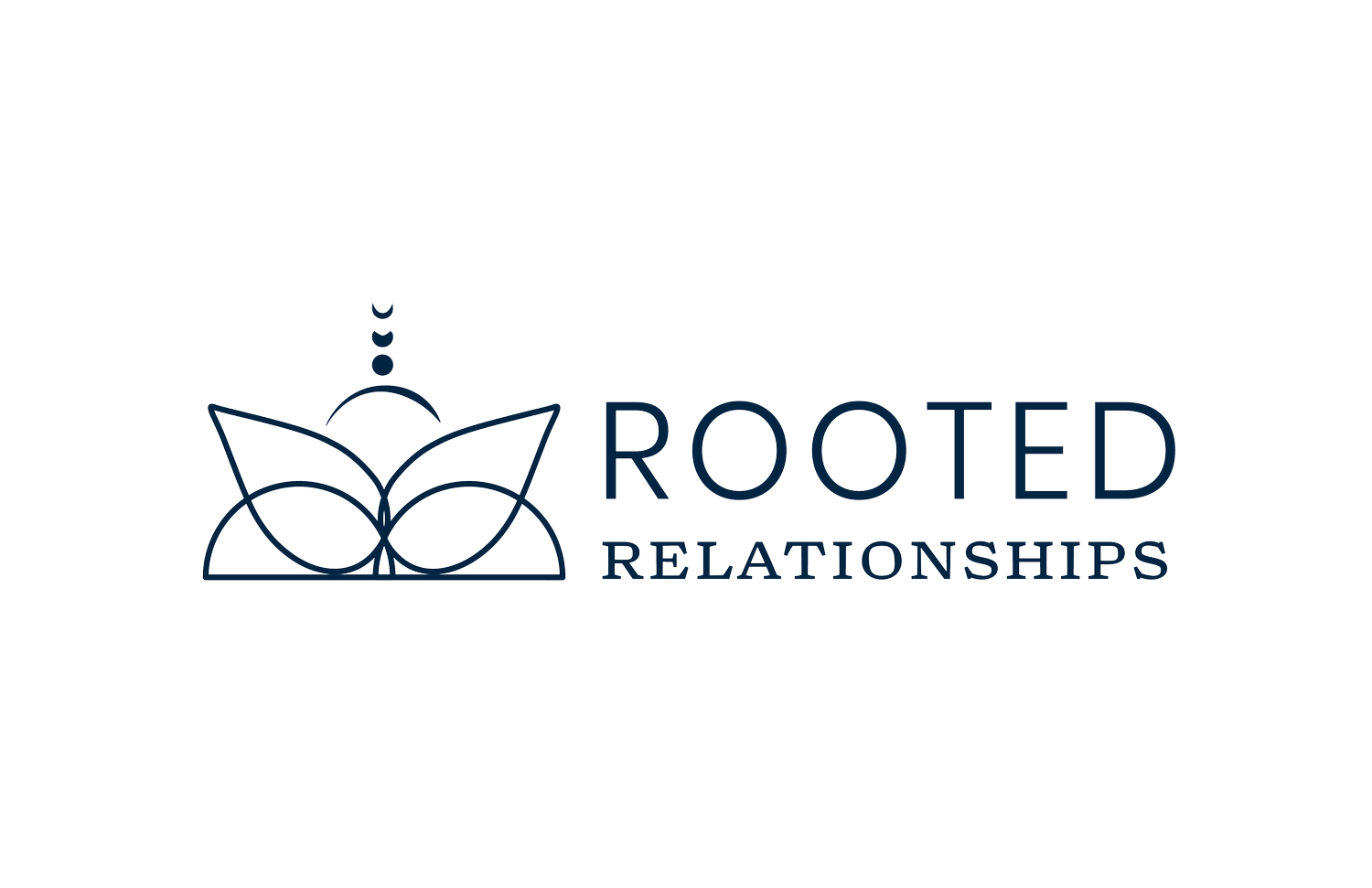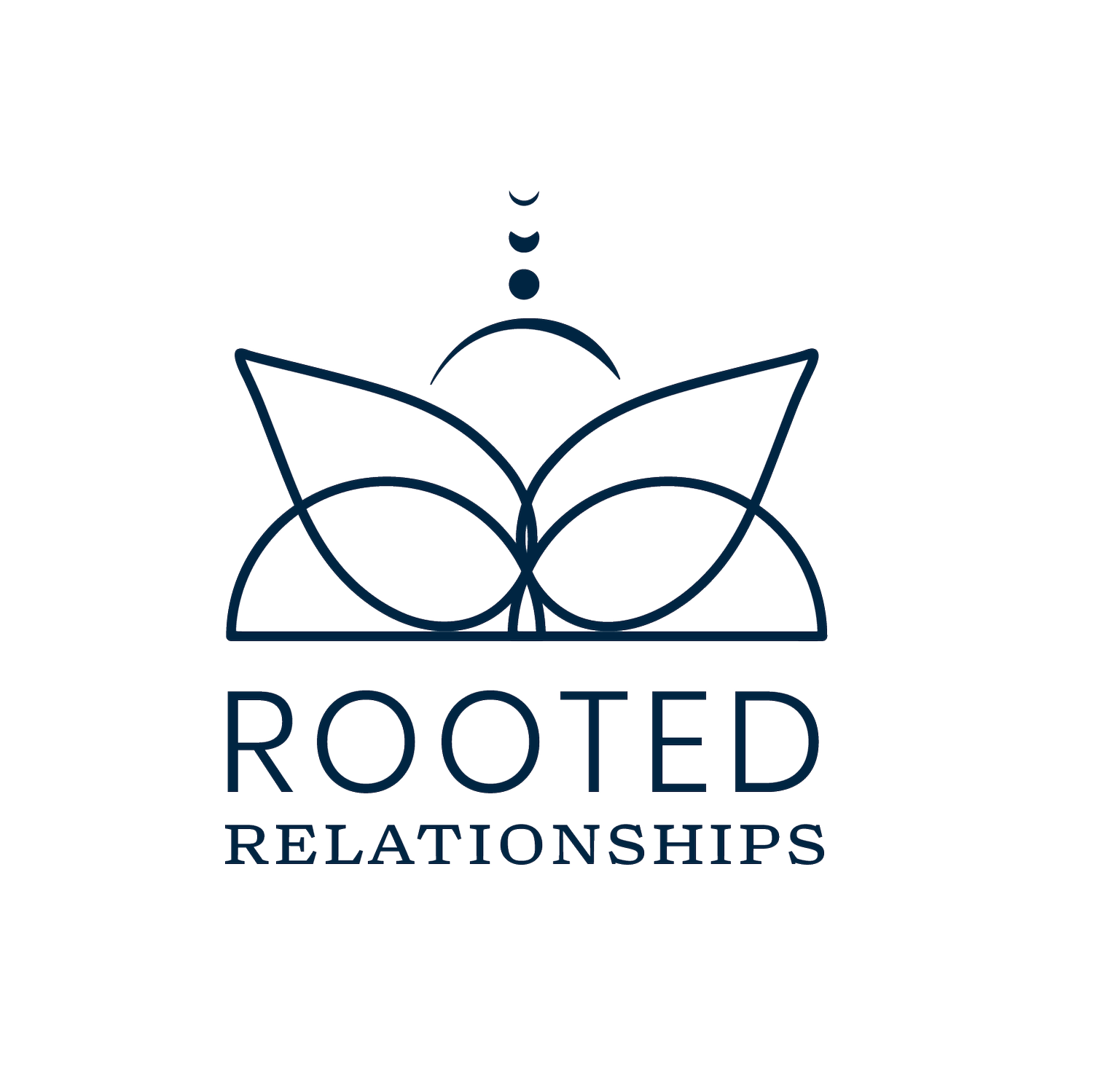“It ain't the leaving' That's a-grievin' me But my true love who's bound to stay behind”
“Farewell” by Bob Dylan
The film A Complete Unknown serves as a prime exhibit of the messy world of relational dynamics. Watching this movie through the lens of personal growth makes you ponder a question we’ve all faced: How do you find joy in relationships with people so self-absorbed they could qualify as their own solar system? This article is here to dissect that dilemma and explore whether personal fulfillment and a partner’s "me-first" mindset can ever coexist—or if we’re all just fooling ourselves.
Two Women, Two Approaches
Bob Dylan’s legendary mystique and "main-character energy" take center stage in the film, making it clear that trying to build a relationship with him is going to be hard! Sylvie shows up to the challenge with saint-like patience, tiptoeing around Dylan’s unpredictability and giving him plenty of room to Dylan-it-up. Her strategy? Quiet support and the hope his "me" might eventually turn into a "we." Spoiler alert: it doesn’t, and Sylvie leaves in tears, feeling hurt, abandoned, and alone.
Joan, on the other hand, isn’t there to play nice. She takes a far more direct approach, calling Dylan out on his self-obsession and at times, experimenting with demanding some good old-fashioned reciprocity. Another spoiler: that doesn't work either, at least not to change Dylan; but something else is there for Joan—some satisfaction? While Sylvie tries to gently nudge Dylan closer to her, Joan pushes, prods, and rolls her eyes at his antics, seeing that her only way to get some satisfaction in this relationship is to learn to hold onto herself and, at times, compete with Dylan. It’s a tale of two tactics—quiet accommodation versus bold confrontation—both grappling with the ultimate question: Where does satisfaction lie with someone who’s permanently parked in their "me" bubble?
The Breaking Point: When Patience Runs Out
Sylvie’s realization that her needs weren’t being met marked a pivotal moment in her personal growth. She understood that waiting for someone else to change or meet her halfway wasn't a sustainable path to satisfaction. Instead of continuing the cycle of quiet adjustments and unspoken compromises, Sylvie chose to prioritize her own emotional health. After finally seeing the truth of where Dylan is, she moves on. This decision, though difficult, was empowering for her.
Dylan’s dilemma stemmed from the constant pull between external expectations and his inner creative drive. Was he torn between fulfilling what others demanded of him and staying true to his personal vision? It didn't actually seem that hard for him. While he does clearly have an understanding of shame and pain—you can feel it in his music—he didn't seem to sit in the dilemma of trying to find actual satisfaction in his personal relationships.
Finding Fulfillment on Your Own Terms
How can we find satisfaction in relationships when someone, like Dylan, isn’t willing to grow with us? It starts with recognizing that personal growth is an individual journey—just as Sylvie and Joan each pursued their own paths to influence the “we.” We can’t force someone to change if they aren’t ready, just as Sylvie couldn’t push Dylan toward the growth she desired. Sylvie's decision was to leave; while Joan saw ways to keep her boundaries up and still experiment with work with Dylan, though, they did not continue to be romantically involved! When we are in a relationship with someone like Dylan, perhaps our focus must turn inward—to our resources, needs, and goals.
Like Joan, we must discover what brings us joy and fulfillment independently of others, empowering us to claim our self-authority and make choices that honor our well-being.
Sometimes, as Sylvie experienced, this might mean creating space in the relationship or even stepping away, no matter how painful. True satisfaction comes from staying true to our values and authenticity, even when others—like Dylan—choose a different direction.
If you’re nodding along and thinking, “Yep, I’ve dated a Dylan,” then consider this your official pep talk. There are places to explore how personal growth and imperfect relationships can coexist. Ultimately, navigating relationships with someone like Dylan challenges us to reflect on our own needs, self-authority, and the capacity for growth in each person in the relationship. It’s about finding clarity in what we value, staying true to ourselves, and making choices that align with our well-being—whether that means adapting within the relationship or moving on. True relationship happiness is a journey that starts within, empowering us to lead towards the life we want, with or without others by our side.
So, how are you working this kind of growth for yourself? Where are you experimenting with shifting how you approach a tough relationship?




